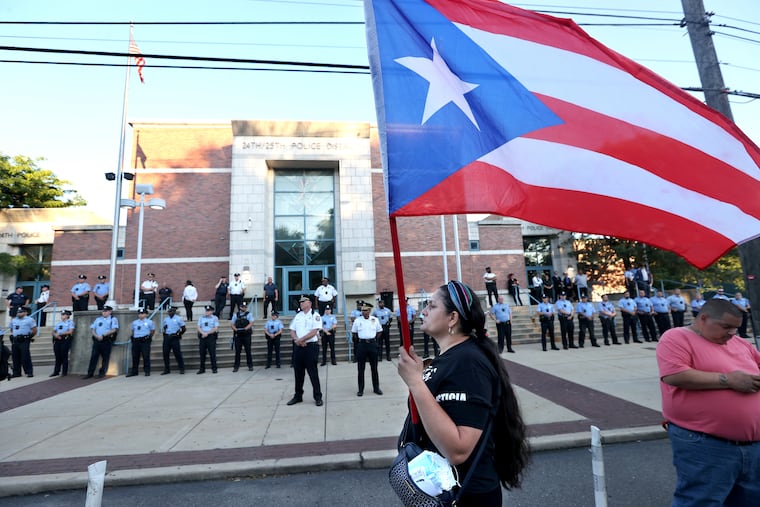New Jersey joins lawsuit against Trump administration for hindering wind energy development.
A coalition comprised of state attorneys general from 17 states and Washington, D.C., has initiated legal action against former President Donald Trump in response to his executive order aimed at halting the development of wind energy projects across the nation. This lawsuit challenges an executive directive issued on Trump’s first day in office, which mandated a pause on approvals, permits, and loans for all wind energy initiatives, both onshore and offshore. The coalition contends that Trump overstepped his authority by unilaterally disrupting the permitting process, which they argue is vital for the economic well-being, energy diversity, public health, and climate objectives of their states.
The attorneys general have requested that a federal judge overturn the executive order and prevent federal agencies from enforcing it. Leading the coalition, New York Attorney General Letitia James expressed concern over the potential consequences of the directive, emphasizing that it threatens the loss of thousands of jobs and significant financial investments. She voiced that it is an impediment to transitioning away from fossil fuels, which pose risks to public health and the environment.
In response, White House spokesperson Taylor Rogers criticized the attorneys general’s actions as political maneuvers aimed at obstructing the administration’s energy policies, asserting that the president’s agenda reflects the will of the American electorate. Rogers argued that it is imperative to support policies that promote affordable energy.
The ramifications of Trump’s order extend beyond political rhetoric; it poses a direct challenge to offshore wind, a priority outlined in the Biden administration’s climate action strategy. The current administration views this sector as integral to combating climate change and achieving energy independence. By aiming to dismantle policies that promote offshore wind development, Trump reverses significant progress made in expanding renewable energy sources.
The coalition’s lawsuit was filed in federal court in Massachusetts and represents a collective effort from states including California, Illinois, New York, and others, which have invested substantial resources to cultivate wind energy infrastructure and enhance transmission capabilities. These investments are seen as essential to facilitate the broader transition to renewable energy.
In addition, Massachusetts is positioning itself as a leader in offshore wind with multiple projects underway, indicating the region’s commitment to fostering green jobs and sustainable energy. This lawsuit indicates not only a legal and political struggle over energy policy but also highlights broader implications for the country’s energy transition and climate goals.
As wind energy currently contributes roughly 10% of the electricity generated in the United States, compromising its development could jeopardize longstanding bipartisan support for renewable energy initiatives, potentially affecting both economic stability and environmental progress across various states. Media News Source.







